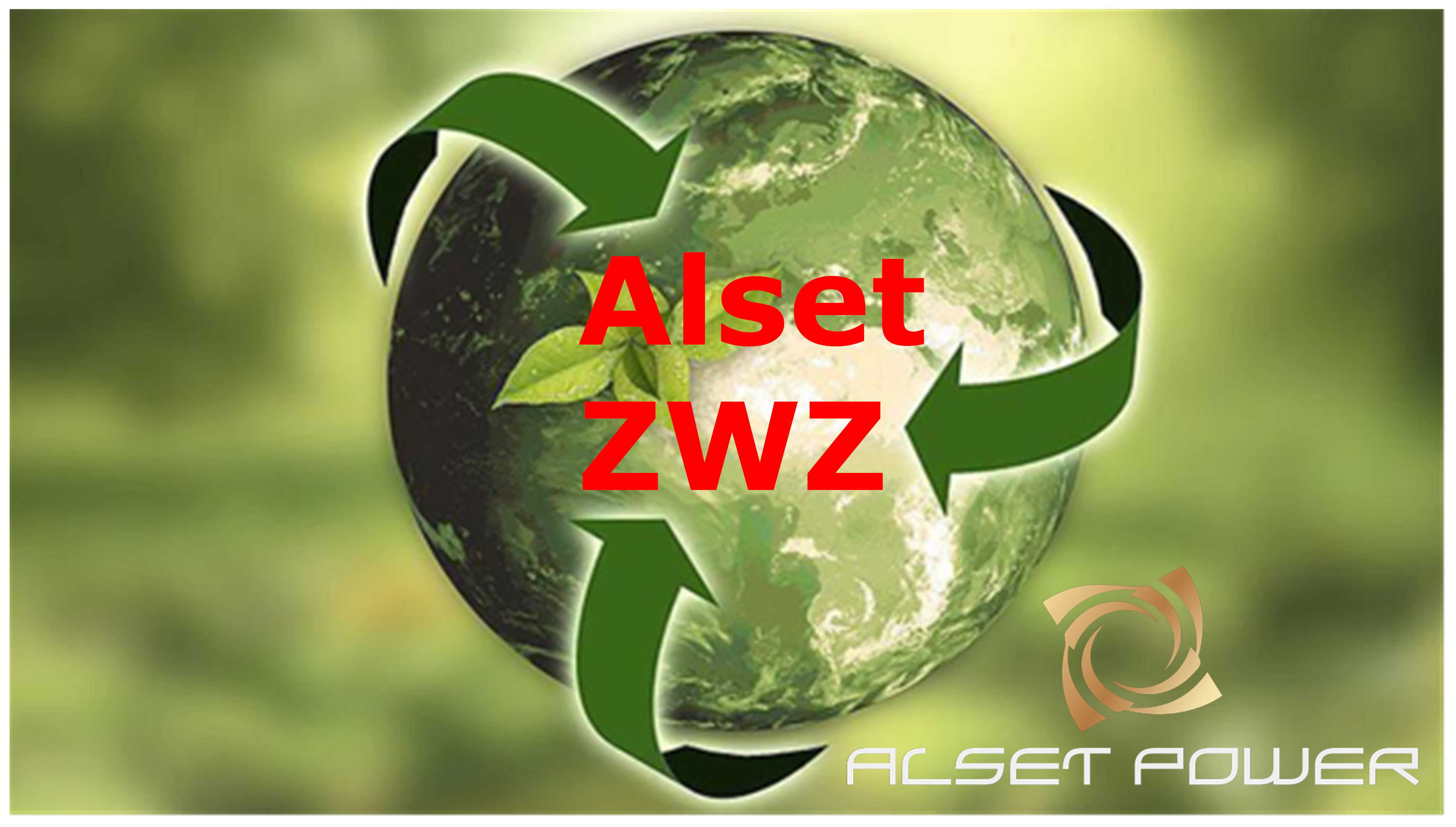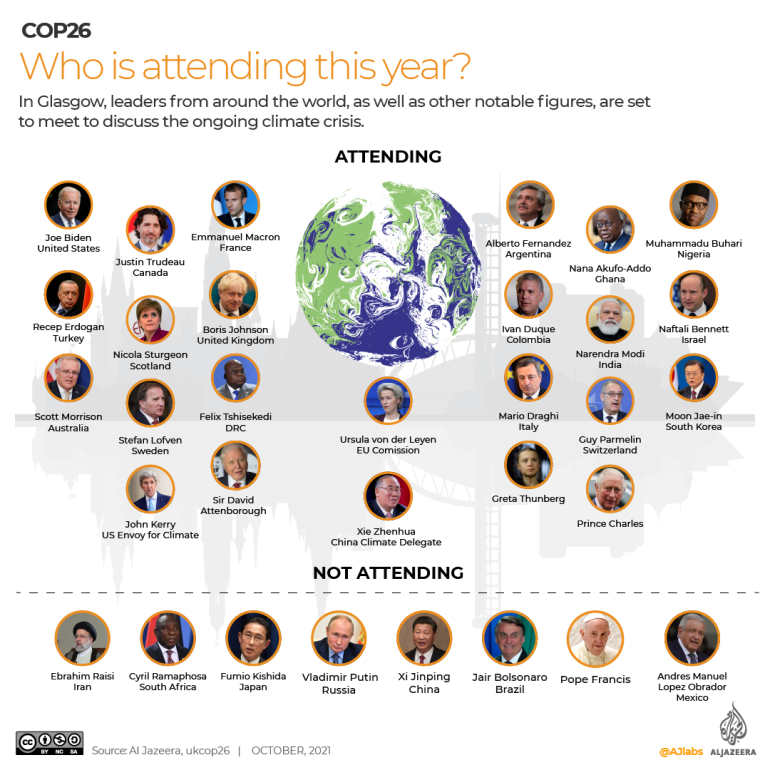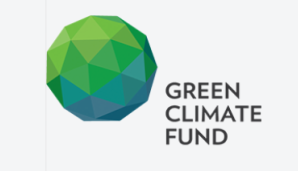Funding
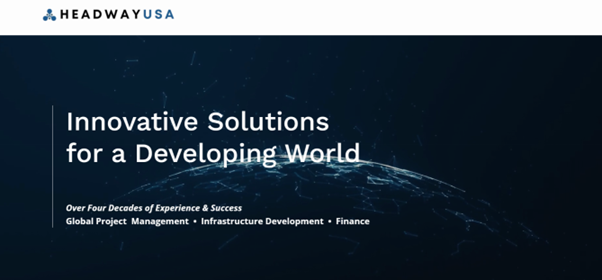
We have formed the US African ESG fund for Africa – the funding is from Deutsche Bank and several other Bank funds and Deutsche Bank officers will be on our investment committee – Zambia qualifies as well as Kenya and all my other Country projects in Nigeria, The Gambia, Ghana, Senegal and Nigeria.
We first propose the Four or Five Waste plants development programme USD 350 million possibly five plants ($435 million) followed immediately by a second ten x 50MW Solar Farm development programme – USD 700 million – Total for the two development programmes is approximately USD 1.135 Billion to USD 1.21 Billion. Feasibility study funding will be applied for through the USTDA.

Headway USA, a leading project management and project finance group in the United States, is pleased to state its intention to provide management and funding support, to the fullest extent possible, for the facilities and services being proposed by PSECC and Headway USA. The following are some of the indicators for this provision of funding:
Financing the Waste-to-Energy Programs
Headway is able to fund via either of two mechanisms or their combination: low-interest rate, near-concessional rate US government loans to the government of Zambia via US Eximbank and Headway’s banking partners, or fully private-sector funding via specialized ESG (Environmental, Social, Governance)-oriented funds.
In particular a new ESG fund being created by Headway and several US and European financial institutions. In the case of the loan financing from the US government, this will be facilitated by Headway, together with the US Department of Commerce and the US Export-Import Bank, along with Headway’s banking partners.
In the case of private funding, this will be arranged directly by Headway, along with the investment committee of the new ESG fund. In both cases, close coordination will be required with the official governmental and financial regulatory bodies in Kenya to provide assurances in terms of repatriation of funds and earnings, and, in the case of loans, repayments of the loans. These loans are paid back from Power Purchase Agreements (PPA’s) for the selling of the electricity from the plants and also selling Fertilizers produced, Recycled glass, metals and ash, compost and fuels.
It remains important for the Green Economy Ministry to work with us to ensure projects are sustainable for the Government of Zambia and it’s people. We will arrange funding from Private Banks once a good Power Purchase Agreement (PPA) is obtained or by working with COP26 if required – Green Climate Fund (FP080/FP099/FP168) then a good degree of shareholding (10%) by the Government in each plant is assured enabling a long-term revenue stream back to the Government.
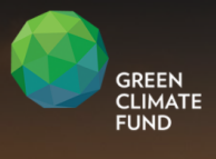
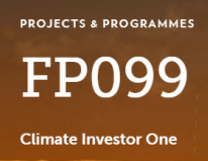
Providing financing to develop renewable energy projects in regions with power deficits to reduce energy costs and CO2 emissions.
The 18 countries in this initiative are identified as experiencing sizable energy deficits while also being overly reliant on fossil fuels. A major constraint in clean energy investment is a lack of early-stage project financing, combined with insufficient domestic and overseas financing to support the creation of domestic renewable energy markets at scale.
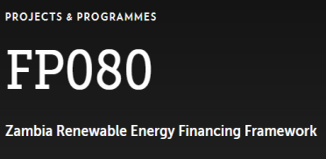
Supporting the Government of Zambia catalyze private investment in the renewable energy sector to boost electricity generation and diversify the country’s energy mix.
Energy generation in Zambia relies almost entirely on hydro power, accounting for nearly 90 percent of its total installed generation capacity. While the country’s electrification rate stands at approximately 27.9 percent, it is facing a serious electricity supply deficit from recent droughts.

UK AID “Manufacturing Africa” will provide additional support for Manufacturing Factories to be established in Zambia using the recycled glass, metals, ash and ceramics and producing new products.
This initiative will support the Government of Zambia’s Renewable Energy Feed-in Tariff (REFIT) policy to develop 100 MW of renewable projects, mostly solar power, through long-tenor project loans. It will provide technical assistance to build capacity for rural electrification, currently at 4 percent, and help local financial institutions carry out renewables and project finance.
The first component of this programme is a development fund, which provides loans in the early stage of a project life cycle such as Feasibility Study. The second component, a construction equity fund, will meet up to 75 percent of total construction costs in tandem 25% with the Alset Power project sponsor Bank.
FP168
Leveraging Energy Access Finance (LEAF) Framework
About 570 million people in Sub-Saharan Africa lack access to electricity, and instead have to rely on kerosene and diesel generators for lighting. Meanwhile, 85 percent of the population lack access to clean cooking fuels and technologies. Failure to address these energy problems, which are holding back national development and causing rapid deforestation and dangerous levels of indoor air pollution, will severely undermine Africa’s growth and stability as a continent.
The LEAF framework will provide decentralised renewable energy solutions to tackle the energy shortfall, while also reducing CO2 emissions and simultaneously boosting local economies and businesses. This initiative will address financial and investment barriers by deploying credit enhancement instruments and new financial products to crowd in local currency debt and commercial capital. The LEAF framework will also address adverse COVID-19 economic impacts which have limited national capacities to achieve renewable energy transition goals.
Zambia is restructuring the Countries Debt status with the IMF – Alset Power Company Inc to arrange USD $350 million for Four Zambia waste projects or $435 million for Five waste plants. We will work with COP26 FP080 & FP099 funding programmes and our Bankers to provide the funding for Zambia and in a second Solar Farm development programme a further USD 700 million.
To start – USD $350 million (approximately) or USD $435 million to use for four new Net Zero Waste plants & trucks for Lusaka, Livingston, Monze & Lake Tanganyika Harbour areas in Zambia. Funding is from our Banks and possibly from the new COP26 Green Climate Fund.
The Minister of Finance & Minister of Energy need to agree to the project and sign the Mandate letter and then in a few weeks the MoU is issued by the Government to have the waste plants. Concept note is then sent to COP26 partners for funding. A Feedstock Agreement and Power Purchase Agreement (PPA) must also be agreed too by the Government to provide 500 tonnes per day of MSW to each plant and to buy the electricity, ZESCO may also wish to have a PPA. Application will then be made for Feasibility study funding, working closely with the Green Economy Ministry.
Because Zambia has a need for sustainable waste management and more Renewable Energy then we will get the support from Green Climate Fund & GFANZ member investors. With a little over 10 years left to meet the target date of 2030, the world will need to pick up the pace and put greater efforts in finding better solutions to pollution, climate change and biodiversity.
No Government funding required and no payback by the Government. The new waste plants will meet all of the 17 Sustainable Development Goals.
Green Climate Fund – In a second USD $700 million development programme we can look at with the Government for ten 50MW Solar Farms throughout Zambia offering stability to the electricity supply to the people and Government of Zambia as part of a “Sustainable Green Cities” programme.
Alset Power Company Inc can assist Zambia and the Government should consider using us as a partner in obtaining funding of USD $350 million or USD $435 million (approximately) to build Waste Gasification plants, clear landfill sites and old Landfill sites and build Social Housing using the new building blocks.
We arrange all funding and Technology for a Circular Economy & Net ZERO or 1.5 degree Celsius.
No Government funding required & no payback by Government. Alset Power Company Inc. will have another agreement with the Government for Alset Power Company Inc. to pay back the funding. Revenue share in each plant back to the Government.
The Glasgow Financial Alliance for Net Zero, GFANZ (COP26)
We need to invest and grow to have an orderly transition to sustainability. The investment requirements are enormous: $130 trillion has already been pledged at COP26.
It’s goal is to transform the global financial system in order to finance
the investment in a net-zero economy.
USD $100 Billion per year investment is required for Countries to adapt to Climate Change.
Next Steps – application for funding –
$435 million waste & $700 million solar – including Feasibility studies total is $1.135 Billion approximately.
To be eligible – Fund considers project concept notes and funding proposals from Accredited Entities (both public and private), which are supported by National Designated Authorities.
The Fund’s current list of accredited entities is available at the link below. Is the Green Economy Ministry interested to pursue with us to obtained Feasibility Study & main project funding from the COP26 fund: Accredited Entities | Green Climate Fund:
Preferred partner would be the accredited entity – Development Bank of Zambia
Please also see the list of the Fund’s National Designated Authorities for more information about the Fund’s national government partners across the world:
http://www.greenclimate.fund/partners/countries/nda-directory
Preferred Fund’s National Designated Authority to use is Zambia – FP080
https://www.greenclimate.fund/countries/zambia#contact
We are currently reaching out to the relevant Accredited Entities and National Designated Authorities. Once we have obtained their buy-in/support, they would reach out to us with a concept note or funding proposal – assistance from Green Economic Ministry is required.
To start, the Ministry of Green Economy and Environment could provide a Mandate letter to us and we will make initial contact with US TDA and possibly both FP080 & FP099 at the Green Climate Fund. Beneficial if you can also source five or ten sites for solar farms in Economic or Industrial Zones. Zambia Waste plants Project Profile document has been produced and is available on the “About” page of the www.wtezambia.com website.
Climate Investor One (formerly the Climate Development and Finance Facility) will facilitate early-stage development, construction financing, and refinancing to fast-track renewable energy projects in developing countries.
Green Climate Fund
Leaf
About 570 million people in Sub-Saharan Africa lack access to electricity, and instead have to rely on kerosene and diesel generators for lighting. Meanwhile, 85 percent of the population lack access to clean cooking fuels and technologies. Failure to address these energy problems, which are holding back national development and causing rapid deforestation and dangerous levels of indoor air pollution, will severely undermine Africa’s growth and stability as a continent.
The LEAF framework will provide decentralised renewable energy solutions to tackle the energy shortfall, while also reducing CO2 emissions and simultaneously boosting local economies and businesses.

